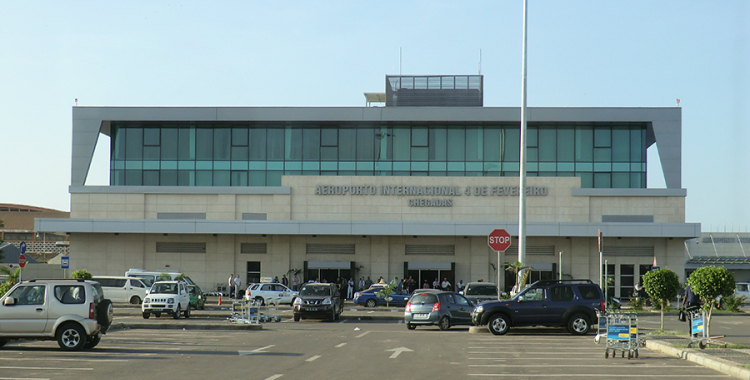Ricardo Viegas Abreu was speaking at the opening of the online seminar "Angola Aeronautical e-Summit" which will address the aviation sector in the global and local context, an initiative of the Ministry of Transport and the company Angola iTech.
The Minister of Transport noted Angola's "substantial potential" that allows the country to position itself both as a final destination, for business, tourism and leisure reasons, and as a transit platform, in the African and intercontinental regional context, to transfer traffic between southern and central Africa, to Europe, America, the Middle East and Asia.
"Angola, with the set of structural reforms in course, either in the legal-legal domain, or in the institutional and business domain, gives steps in the sense of taking advantage of the opportunity to constitute itself in an airport 'hub' of Africa, with the unconditional support of the international organizations that govern this sector", he considered.
In this sense, he noted that Luanda airport can be a support point for these flows, and "the New International Airport of Luanda, once completed, will be the necessary platform to accommodate the long-term growth and operation of this 'hub'.
Late last year, Ricardo Abreu indicated that construction work on the new airport would resume in 2021, estimating that it would last two years.
The new airport, under construction by Chinese contractors for more than a decade using credit lines from China, has approved financing of $1.4 billion to complete the work.
The various public contracts and contracts involving work at the new Luanda International Airport and road access are valued at over US$6.3 billion, and it is expected that the new infrastructure will be able to handle up to 15 million passengers per year.
In his speech on Monday, the Transport Minister noted that the Free Trade Agreement for the African continent will also benefit trade and the free movement of people, expecting a positive effect on the number of interconnections, the number of passengers and the volumes of air cargo handled at airports.
"We must not forget that currently 60 percent of the traffic to African countries is carried by non-African airlines. We are in the continent that has the greatest room for growth globally," he added.
Ricardo Abreu also expects that the liberalization of the air transport market under the Yamoussoukro Decision and the consequent accession to the African Single Air Transport Market will result in "strong benefits, such as new routes, more frequent flights, better connections and lower fares", increasing the volume of traffic and providing the development of the hub.
For the implementation of the Luanda hub, some preconditions are being taken care of, such as the adequacy of the legal, regulatory, and institutional framework, as well as the airport, facilitation, and security infrastructures.
Other "critical dynamics" also contribute to this, such as visa facilitation, costs and tariffs, and fuel prices, "in order to bring in more operators and players and boost the country's economic dynamics," he noted.
The minister also pointed out that he has been working to accelerate the process and implementation of instruments to ensure that there are among African states: "unrestricted granting of traffic rights up to the fifth freedom, elimination of restrictions on frequencies and capacity, free establishment of tariffs, making them more competitive at the level of the region and the multi-assignment of airlines.







